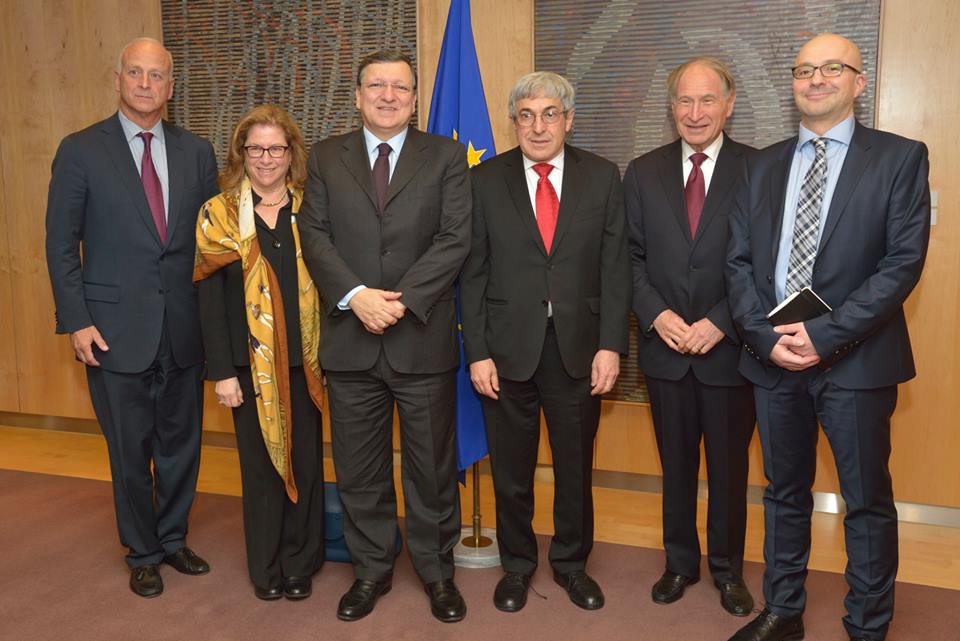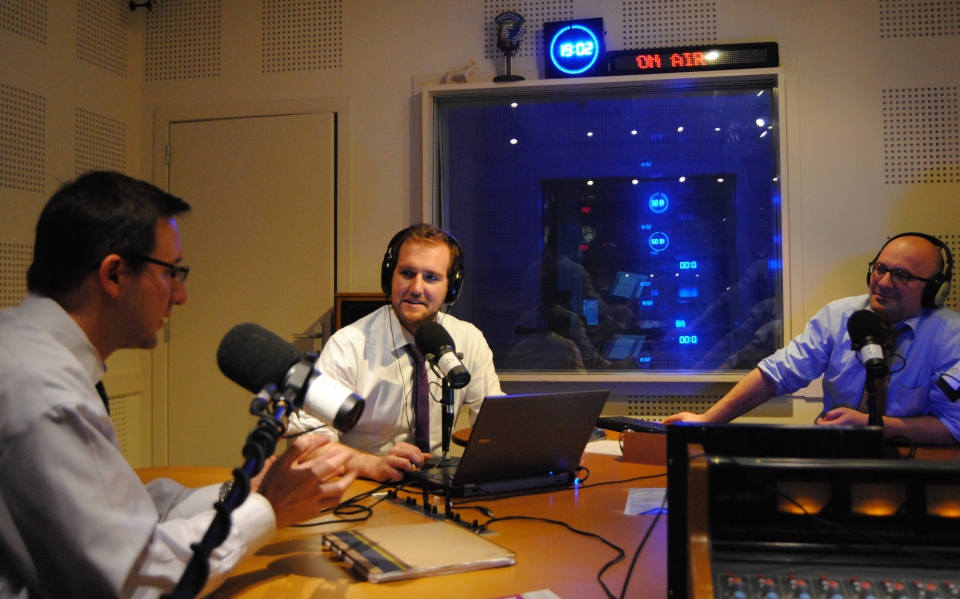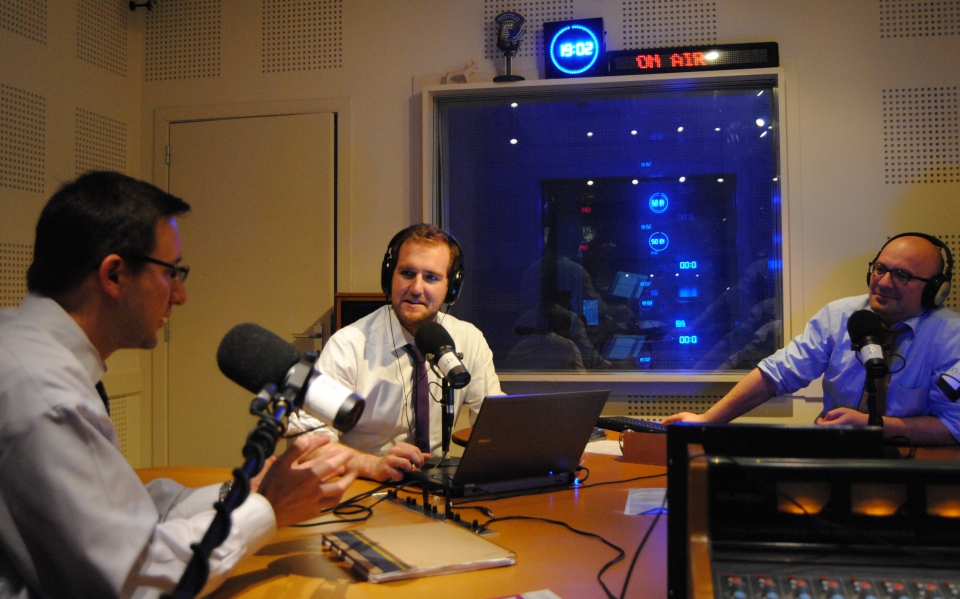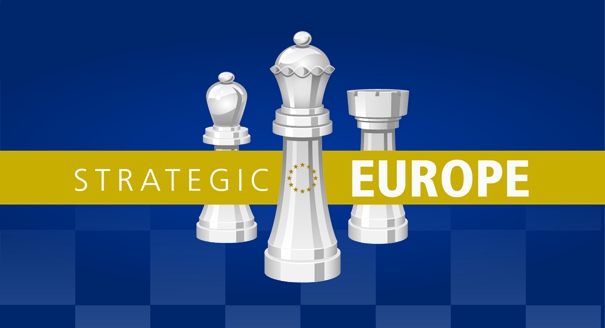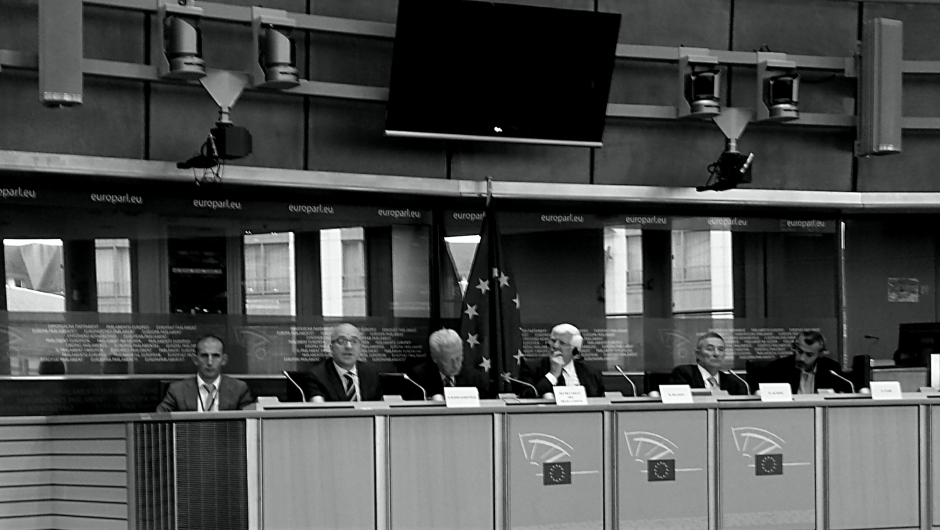Analysis
The Hezbollah Threat in Hungary and Policy Options for Counterterrorist Efforts
15 December 2020
By Zsolt Csepregi
There are currently numerous terrorist organizations posing significant dangers to European, including Hungary’s security, but none has such an easy access to resources and operational freedom as Hezbollah. The organisation founded in 1982 during the Lebanese Civil War has corrupted and exploited the sectarian Lebanese political system, acting domestically and globally as both a terrorist/militant and political actor. Hezbollah’s interconnected yet dual strategy has led to the artificial notion of separating Hezbollah to a so called “military wing” and “political wing”. This understanding was codified by the European Union as well, once it registered Hezbollah’s “military wing” as a terrorist organization in 2013. This was a step in the right direction reacting to a renewed wave of Hezbollah terrorist attacks on foreign soil between 2011-2013.[1] Yet this decision still leaves member states’ national security agencies without clear mandate to stop Hezbollah activity on European soil and its terrorist agents can act as members of the so called “political wing” and aim to avoid detection and arrest for actions connected to Hezbollah’s militant activities.
A number of EU member states decided to act themselves and not to wait for a unanimous decision by all. Germany, Czechia, Slovenia the Baltic states all decided to follow, the US and UK lead and shore up the transatlantic community’s resolve in countering Hezbollah.[2] By acting, these European countries are aligning their world-outlook with those countries, which are the most affected by Hezbollah’s constant war waging, namely Israel and the Arab states. It is important to note here that Hezbollah is not only works for the destruction of the Jewish state through hybrid activities, such as terrorist tunnel building and amassing a missile arsenal capable to level a number of large cities in Israel, but it is also working against the interest of the wider Middle East. For this reason, a number of Arab countries banned Hezbollah because of their constant terrorist activity and for acting as a proxy to Iranian wars in Syria and beyond. The two most important battlegrounds outside of the immediate neighbourhood of Lebanon are Morocco where Hezbollah (at the behest of Iran) is training members of the Polisario Front in order to destabilise the staunch Western ally country[3] and Yemen, in order to pressure Saudi Arabia from the South[4]. Naturally, Hezbollah does the most damage in Lebanon itself, where it corrupts domestic and foreign policy of the country and paradoxically devastates the Shiite population itself, by recruiting the community’s young males to fight and die in the battlegrounds of the Syrian Civil War serving Assad and his supporters in Tehran.[5]
Hungary is important when it comes to Hezbollah terrorist activity in two ways. Firstly, due to our geographical position, the “flow security” issues deeply involve the territory of Central European countries. This means that drugs and weapons smuggling, moving operatives between Western Europe and the Middle East all must involve Hungarian territory to some level. By following the EU designation in listing terrorist organisations and excluding the activities of the so called “political wing” of Hezbollah from the terrorist designation, Hungary is creating an environment favourable to criminal, militant, financing and other logistical activities of Hezbollah. Secondly, Hungary as member of the European Union which as whole, following France’s political line in this issue[6] has, as of now a part of the “soft” or “status quo” majority of member states, upholding the artificial distinction between two wings of Hezbollah. This majority is however being eroded and the membership of the “hard” minority is gaining traction. As stated before, a number of countries have joined the effort to adopt a realistic anti-terror policy and recognise Hezbollah as a unified terrorist organisation. Hungary has to decide where it wants to stand on this issue, whether it wants to maintain its current policies, or to join those countries which are adapting their national security legal framework to the unique threat presented by Hezbollah. The stake is not only the security of Hungarian citizens, affected by Hezbollah’s criminal and terrorist activities and illegal migration stemming from a destabilized Middle East in large part thanks to Hezbollah and its allies, but also the well-being of the citizens of the EU and the European neighbourhood. The European Union has set out the aim, building on decades of experience of the European Neighbourhood Policy to continue working for the enhancement of stability and resilience of the European Southern neighbourhood.[7] This work cannot be achieved if the EU is on the other hand it allows terrorist organizations to exploit gaps in its regulation. Hungary, which is the country adjoining the Western Balkans and serving as a vital connecting state between the South-eastern neighbourhood and the Western and Northern Europe must follow a foreign and security policy stance which supports maximum security and well-being for its citizens and European and Middle Eastern peoples as well.
What are Hungary’s diplomatic and policy options at this point in order to find secure and maximally beneficial outcomes connected to the full banning of Hezbollah? Firstly, Hungary must maintain a dialogue with its allies in order to find common solutions. Counterterrorism, such as all intelligence activities is a deeply transnational issue therefore it relies on international cooperation with allies and likeminded states. The US, Germany, UK, Israel, GCC states possess capabilities greatly beneficial to secure Hungary. The political leadership must equip its national security agencies with the legal environment to serve its country and partners the best. Therefore, it is important to keep Hezbollah on the list of registered terrorist organisations in the European Union. This means that a constant political effort has to be made to keep it on the agenda, parallel to other pressing issues such as the COVID crisis. Secondly, Hungary has to examine bottom-up approaches to adjust its stance towards the unique terrorist threat presented by Hezbollah. This may mean introducing new legal instruments in the Hungarian National Assembly to recognise Hezbollah as a unified terrorist entity such as the Czech Parliament did. Another method could be following the Latvian model and declare that Hungary follows other countries’ designation of Hezbollah, but instead of a one sided US anchor, Budapest must position itself in a network of determined countries across the Euro-Atlantic community, such as binding our strategy with the US-UK-Germany trio. Thirdly we must keep the end goal in sight, reforming the European Union’s counter-terrorism strategy, for which currently there is a clear intent among EU member states’ political leaders.[8] This means partly deleting the artificial separation between a “military” and a “political” wing of Hezbollah, understanding that even though the group acts in the political and the military-terrorist domain, it does not mean that these are also separate entities. It is also alarming that in our unsecure world order it is so difficult to register an organisation as a militant organisation which is waging terror for nearly four decades in its home country and through the globe. This means that the fight against Hezbollah also has to be a learning process in order to equip the European Union with methods to swiftly identify terrorist threat and promptly take the necessary legal steps to enable our national security agencies to protect our citizens and serve our neighbourhood as well in the future.
Zsolt Csepregi is the Deputy Director for International Affairs at the Antall József Knowledge Centre.
[1] Domhnall O’Sullivan: Road to Proscription: The EU and Hezbollah since the Arab Spring. College of Europe. EU Diplomacy Paper 07/2013. 8-10.
[2] Shapiro Silverberg AJC Central Europe Office: Hezbollah in Europe. Warsaw, October 2020. 4.
[3] Mariam Elatouabi: Diplomatic relations between Morocco and Iran sour over Western Sahara dispute. The Atlantic Council. 18.05.2018.
[4] John R. Allen – Bruce Riedel: Ending the Yemen war is both a strategic and humanitarian imperative. Brookings Institute. 26.08.2020.
[5] Hillel Frisch: Hezbollah’s Demographic Problem Explains Its Restraint. Begin-Sadat Center for Strategic Studies. 08.09.2019.
[6] Jeremy Stern: Macron has the power to change the EU’s Hezbollah policy. The Atlantic Council. 13.08.2020.
[7] European External Action Service: A Global Strategy for the European Union’s Foreign and Security Policy. 28.06.2016. 23-25.
[8] Council of the EU: Joint statement by the EU home affairs ministers on the recent terrorist attacks in Europe. Press Release. 13.11.2020.
